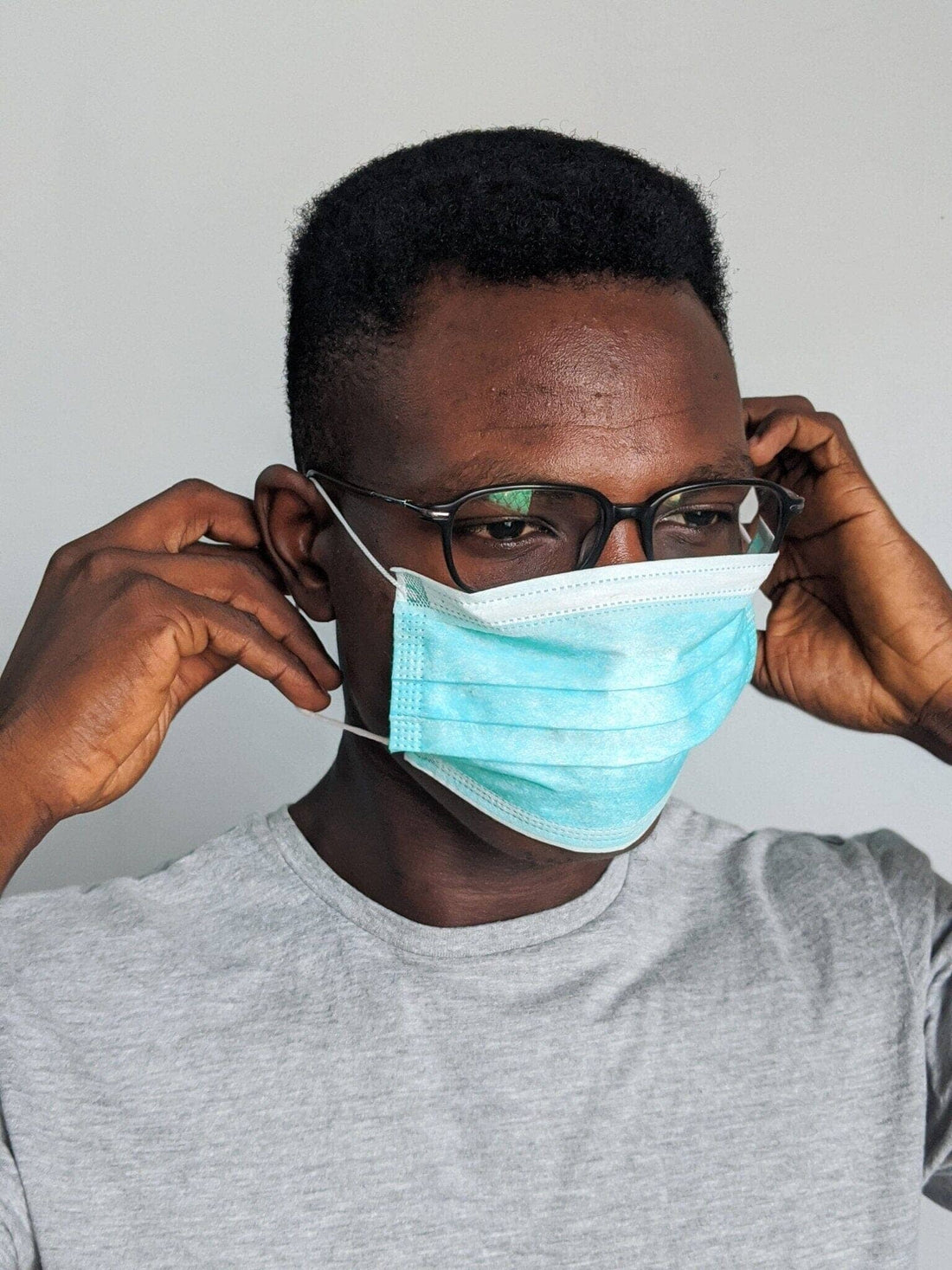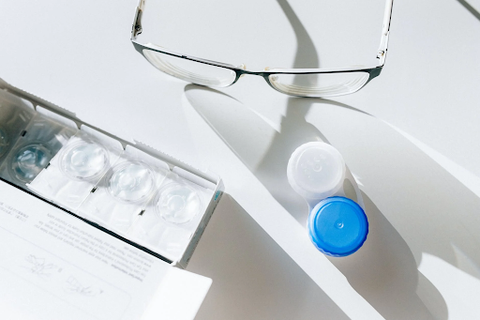
Can You Safely Wear Contacts During the COVID-19 Pandemic?
Share
Yes, provided you take the right precautions. Here, we take a quick look at how the novel coronavirus spreads and what that means for people who wear contact lenses.
Here’s How the Virus Spreads

Besides your nose and mouth, your eyes are a potential entry point for the novel coronavirus. When a person who has COVID-19 coughs, sneezes or talks, they spread the virus through small droplets. These droplets may enter other people’s bodies through the nose (when they breathe in) or the eyes.
Hands are another way through which you may become infected with the virus. If your hands or fingers become contaminated with the virus and you touch your mouth, nose or eyes, the virus can enter your body. This is less common, though.
Is It Risky To Wear Contacts?

The good news is that there’s no evidence that this is not necessarily the case. There is some evidence that you might become infected if you touch a contaminated surface and then touch your eyes without cleaning your hands. Here’s how that works.
People who wear contact lenses touch their eyes more frequently than those who don’t. While this means that they may be at a higher risk, the primary way that the virus spreads is not through contaminated surfaces. So, you can stay safe by maintaining a good handwashing routine, especially after touching surfaces.
Moreover, cleaning your contact lens with hydrogen peroxide can kill the virus. There’s little research as to whether other cleaning solutions are as effective. Also worth noting is that there’s no evidence that wearing regular eyewear shields you from the virus.
Eye Safety During the Coronavirus Pandemic
For safe eye care during the pandemic, we recommend that you follow these tips from the American Academy of Ophthalmology. In short, if you wear contact lenses, the best way is to maintain proper hygiene every time you handle your contact lenses.
If you use eye medications alongside your contact lenses, you might want to maintain an optimal supply in case self-isolation becomes necessary. Contact your doctor for any routine eye care and emergencies. Stay safe.
